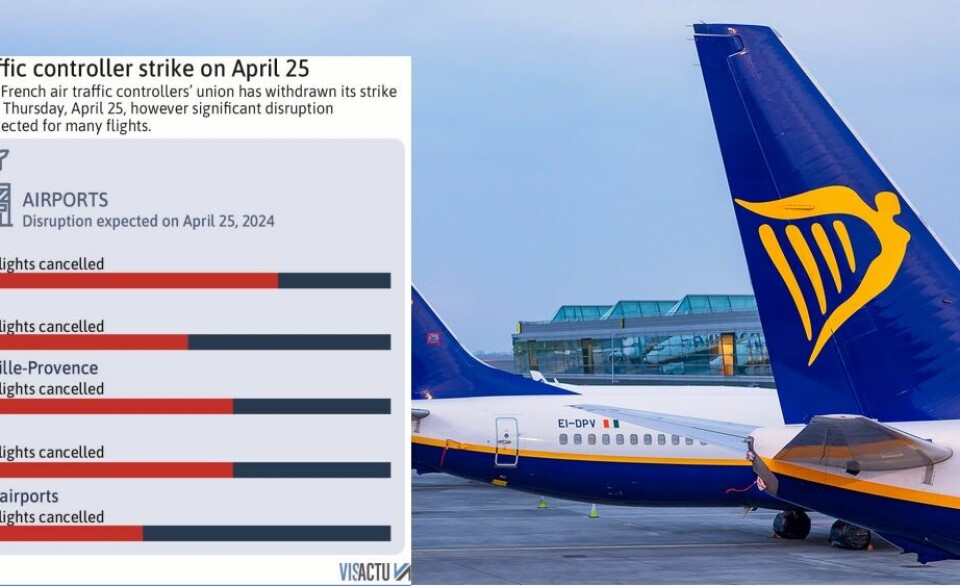-
Paris hospital dog trial goes from strength to strength
An English setter rescue dog at one of the world’s top cancer hospitals in Paris has been described as “a bubble of oxygen”
-
PHOTOS: Olympic Flame to travel to France on beautiful historic ship
The 127-year-old ship sets sail on Saturday with ‘the most important passenger it has ever carried’
-
Phone scams, gardening, insurance claims: 5 French practical updates
Our roundup of recent practical articles you may have missed
Train strikes in France: SNCF to pay for days off
Court rules dispute is made up of 18 individual 48-hour strikes

SNCF has been ordered to pay workers for any scheduled days off that fell on strike days during the current dispute.
The tribunal de grande instance de Bobigny ruled that the ongoing protest against planned SNCF reforms, which has seen staff walk out for two days out of every five, should be treated as 18 separate strikes, rather than the single strike lawyers for the rail operator had argued.
The court said that individual notices to strike were issued for every one of the 18 two-day walkouts, meaning that each one should be considered an individual 48-hour strike. Under SNCF rules, workers' pay cannot be docked for any scheduled days off that fall on a strike day in walkouts lasting 48 hours or less.
SNCF has said it will appeal against the ruling, but has pledged to pay workers any money owed for days off pending the final decision.
The rail operator had argued that because the dates of all the two-day strikes were known in advance, and that - in each case - the unions had said the reason for the strikes was to protest against planned reforms, that the walkouts were all part of one, single movement
They also pointed to the fact that union bosses regularly referred to a movement in "sequences".
Stay informed:
Sign up to our free weekly e-newsletter
Subscribe to access all our online articles and receive our printed monthly newspaper The Connexion at your home. News analysis, features and practical help for English-speakers in France























